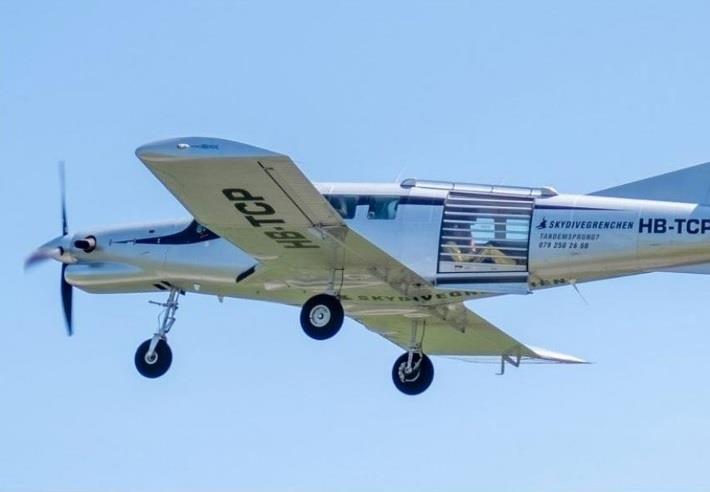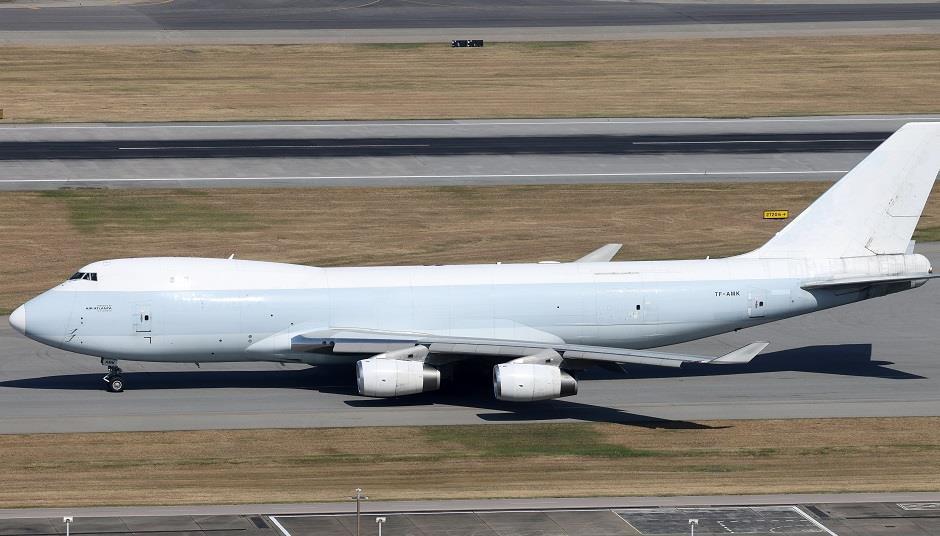EASA and IATA seek ICAO advancement of plan to combat navigation interference
Company
Legal Links
Contact
- +44 7947 753363
- contact@skylineairporttransfers.co.uk
- 6 Walsall Street Bilston Wolverhampton WV14 0AT
© Skyline Airport Transfers. Created by![]() Beaphoenix WebDesign ltd
Beaphoenix WebDesign ltd
Popular Locations:
Birmingham: Aston, Bournville, Edgbaston, Erdington, Great Barr, Hall Green, Handsworth, Harborne, Northfield, Quinton, Soho, Sutton Coldfield, Amblecote, Brierley Hill, Coseley, Cradley, Gornal, Halesowen, Kingswinford, Lye, Netherton, Sedgley, Stourbridge, Quarry Bank, Bearwood, Blackheath, Cradley Heath, Great Bridge, Old Hill, Rowley Regis, Smethwick, Tipton, Tividale, Wednesbury, West Bromwich, Balsall Common, Bickenhill, Castle Bromwich, Chelmsley Wood, Dorridge, Elmdon, Hampton in Arden, Kingshurst, Knowle, Marston Green, Meriden, Monkspath, Hockley Heath, Shirley, Aldridge, Birchills, Bloxwich, Brownhills, Darlaston, Leamore, Palfrey, Pelsall, Pheasey, Shelfield, Streetly, Willenhall, Bilston, Blakenhall, Bushbury, Compton, Ettingshall, Heath Town, Oxley, Penn, Tettenhall, Wednesfield, Burntwood, Lichfield, Cannock, Rugeley, KIDDERMINSTER, Brierly Hill,
STOURPORT-ON-SEVERN
Coventry: Allesley, Binley, Keresley, Stoke, Tile Hill
Leicester: Abbey Rise, Ashton Green, Aylestone, Beaumont Leys, Bede Island, Belgrave, Blackfriars, Braunstone, Braunstone Frith, Bradgate Heights, Clarendon Park, Crown Hills, Dane Hills, Evington, Evington Valley, Eyres Monsell, Frog Island, Goodwood, Hamilton, Highfields, Horston Hill, Humberstone, Humberstone Garden, Kirby Frith, Knighton, Mowmacre Hill, Netherhall, Newfoundpool, New Parks, North Evington, Northfields, Rowlatts Hill, Rowley Fields, Rushey Mead, Saffron, Southfields, South Knighton, Spinney Hills, Stocking Farm, Stoneygate, St. Matthew’s, St. Mark’s, St. Peters, Thurnby Lodge, West End, West Knighton, Western Park, Woodgate
Derby: Matlock, Ripley, Ashbourne, ILKESTON, SWADLINCOTE , BURTON-ON-TRENT, BAKEWELL,
ALFRETON, BELPER, HEANOR
Telford: Market Drayton, Newport, Shifnal, Broseley, Much Wenlock
Stoke: Stoke-on-Trent, Newcastle, Leek, Uttoxeter, Stone, Stafford
Worcester: Worcester, Droitwich, Pershore, Broadway, Evesham, Malvern, Tenbury Wells
Gloucester: Gloucester, Cheltenham, Stroud, Cirencester, Tewkesbury, Badminton, Berkeley, Blakeney, Chipping Campden, Cinderford, Coleford, Drybrook, Dursley, Dymock, Fairford, Lechlade, Longhope, LydbrookLydney, Mitcheldean, Moreton-in-Marsh, Newent, Newnham, Ruardean, Stonehouse, Tetbury, Westbury-on-Severn, Wotton-under-Edge.
Nottingham: Nottingham, Sutton-in-Ashfield, Mansfield, Newark, Southwell, Grantham, Sleaford
Leicester: Leicester, Hinckley, Loughborough, Melton Mowbray, Oakham Market, Harborough, Lutterworth, Wigston, Ashby-de-la-Zouch, Ibstock, Markfield
Oxford: Oxford, Kidlington, Chipping Norton, Thame, Wallingford, Didcot, Wantage, Abingdon, Banbury, Carterton, Woodstock, Bicester, Witney, Chinnor, Watlington
Chester: Chester, Deeside, Bagillt, Buckley, Holywell, Birkenhead, Preston, Wallasey, Wirral, Neston, Ellesmere Port, Prenton
Airports we serve:
BHX: Birmingham Airport
EMA: East Midlands Airport
LHR: London Heathrow Airport
MAN: Manchester Airport
LGW: London Gatwick Airport
LTN: London Luton Airport
SOU: Southampton Airport
BRS: Bristol Airport
LPL: Liverpool John Lennon Airport
LCY: London City Airport
STN: London Stansted Airport



Increasing interference to navigation satellite systems has spurred the creation of a joint plan to mitigate air transport risks, with the aim of submitting it to ICAO for global alignment.
Signal-loss events more than trebled over the course of 2021-24, according to IATA data.
“With continued geopolitical tensions, it is difficult to see this trend reversing in the near term,” says IATA senior vice-president for operations, safety and security Nick Careen.
“This must command a high priority at the ICAO Assembly later this year. To stay ahead of the threat, aviation must act together and without delay.”
The European Union Aviation Safety Agency is collaborating with IATA to reinforce built-in redundancies, following a workshop in May held at EASA’s headquarters in Cologne.
EASA flight standards director Jesper Rasmussen says containment is no longer sufficient, and building resilience through a “dynamic and ambitious” plan is necessary.
This workshop concluded that a broader and more co-ordinated approach to signal interference is required, based on four pillars.
These include gathering interference data through real-time airspace monitoring and standardised reporting – perhaps taking advantage of military air traffic control resources – with prompt dissemination of information.
Use of technological capabilities could increase situational awareness, detect interference, and reduce false alerts, while prevention would be aided by tightening controls on jamming equipment.
A minimal network of conventional ground-based navigation aids would serve to back up satellite navigation, mitigating risk, while enhanced contingency procedures would serve to assist affected aircraft.
Interference threats have led to the development of avionics that capitalise on quantum physics and atomic interferometry to enhance the accuracy of satellite-independent inertial navigation systems.
Source link
Share This:
skylinesmecher
Plan the perfect NYC Memorial Day weekend
Pack only what you need and avoid overpacking to streamline the check-in and security screening…
LA’s worst traffic areas and how to avoid them
Consider using alternative routes, such as Sepulveda Boulevard, which runs parallel to the 405 in…
Pilot of crippled skydiving 750XL did not carry own rescue parachute
Swiss investigators have highlighted a prior recommendation that pilots of skydiving aircraft should also wear…
Speed-data entry error preceded 747-400F’s undetected tail-strike
German investigators have disclosed that an Air Atlanta Icelandic Boeing 747-400 freighter captain entered an…
Leonardo’s M-346 demonstrates FITS4TOP networked training technology for EU
Leonardo has led a demonstration of live, virtual and constructive (LVC) training involving its M-346…
USAF debuts EA-37B Compass Call electronic warfare jet in Europe
The US Air Force’s (USAF’s) new electronic warfare aircraft has made its inaugural appearance in…
Wizz Air discussing transfer of upcoming A321XLRs to ‘another operator’
Wizz Air is discussing transfer of five remaining Airbus A321XLR deliveries to another operator ahead…
Moscow Domodedovo airport to be acquired by rival Sheremetyevo following auction
Moscow Domodedovo airport is to be acquired by an entity linked to the Russian capital’s…
Wizz Air not forced to deploy A321XLR exclusively on long-haul routes: chief
Budget carrier Wizz Air’s chief, Jozsef Varadi, insists that the carrier does not feel compelled…
Airbus’s ‘Beluga 5’ to be converted into science education facility at Broughton
Airbus is to convert one of its A300-600ST Beluga outsize transports into a science and…
Raytheon nears rate production of PhantomStrike radar for FA-50, autonomous fighter jets
Raytheon is ramping toward the start of rate-production later this year on the company’s PhantomStrike…
Irish Air Corps poised to launch operations with new Dassault Aviation Falcon 6X transport
The Irish Air Corps is poised to begin operations with its newly acquired Dassault Aviation…